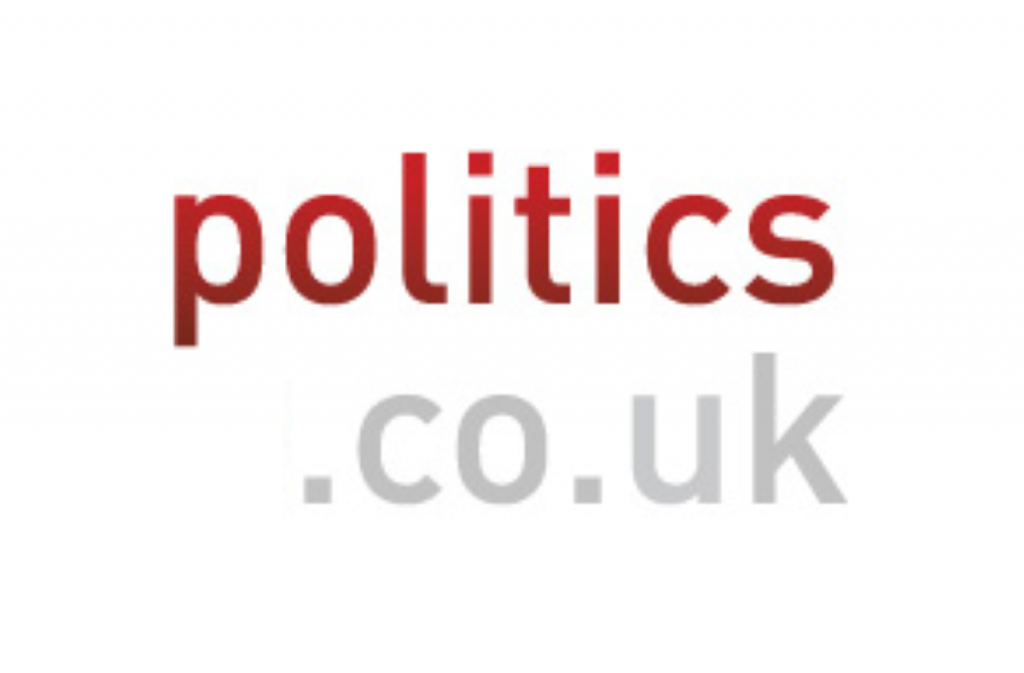Cameron sets out modernising agenda
Conservative Party leadership hopeful David Cameron today insisted it was crazy to say that there should be “clear blue water” between the Conservatives and Labour.
The self-styled “moderniser” said the Conservatives should never allow themselves to create an impression of insincerity by attacking the Government when it does things right.
“Real modernisation means agreeing with the Government when it does the right things,” he said during a speech in London.
To do otherwise would be like a supermarket chain looking at Tesco’s success offering ‘good food at low prices’ and offering ‘bad food at high prices’.


“I came into politics to do the right thing and make a difference. I didn’t come into politics to engage in some positioning exercise,” he said.
Mr Cameron, who is one of a number of Conservatives expected to run for the leadership of the party, set his stall by making an honest appraisal of Britain’s economic realities, family values, and developing public services.
On the economy, he said the Conservative approach of backing wealth creation, cutting regulation and keeping taxes low “is just the start”.
Real modernisation meant “developing our human capital” through education, and “getting our transport infrastructure right”.
“If that involves charging for roads, we should say so,” he said.
The Shadow Education Secretary also stressed the importance of family values, saying: “There is one institution that is massively undervalued in our society. It brings up children with the right values. It takes care of the elderly and the sick. It helps those who are left behind. It can make us happy when we’re sad. That institution is the family.”
In an address to the Policy Exchange, he said a modern Conservative party should support marriage, and use the law, tax and benefits system, and other mechanisms to encourage families to stay together.
“Real modernisation means having the confidence and the courage to say that there’s more to life than money,” he added. “If the pursuit of material wealth and personal advancement ends in damaged and broken families, then that’s a price that’s not worth paying.”
On public services, he identified two challenges. Firstly, “we must roll up our sleeves and get stuck into the nitty gritty” – improving state schools, literacy standards in primary schools, discipline in secondary schools.
Secondly, he said power must be devolved to the local level – to the lower tiers of government; and to people directly.
People like social entrepreneurs, he said, must be given more power to allow them “to do more good”.

